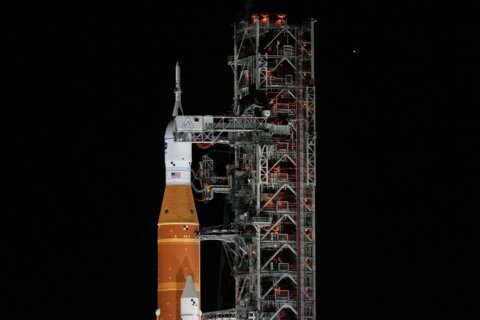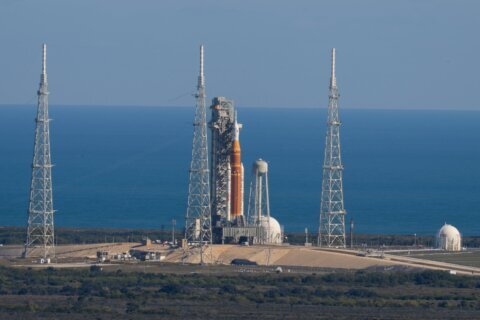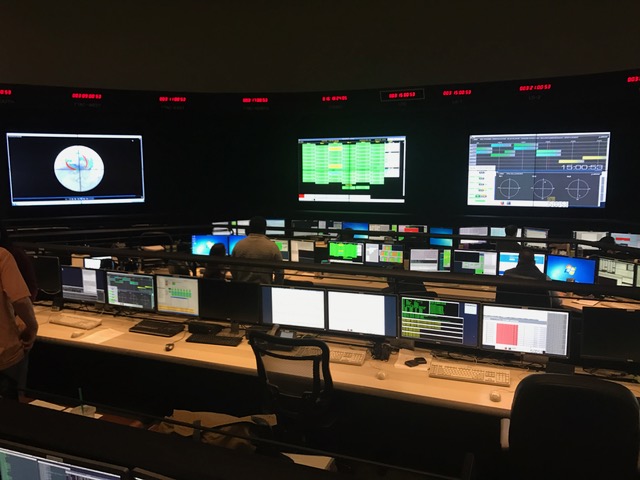
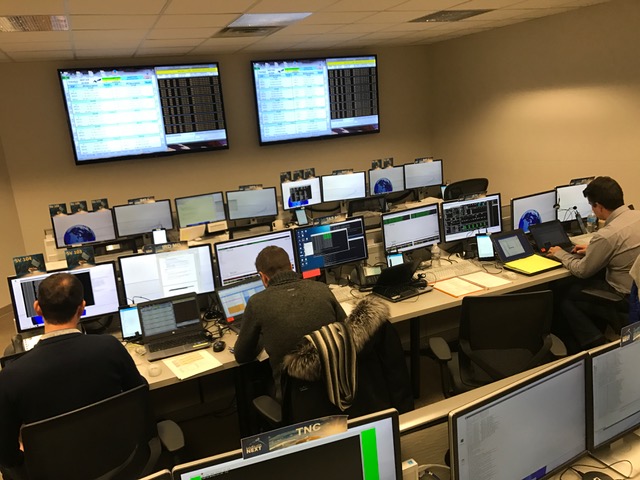
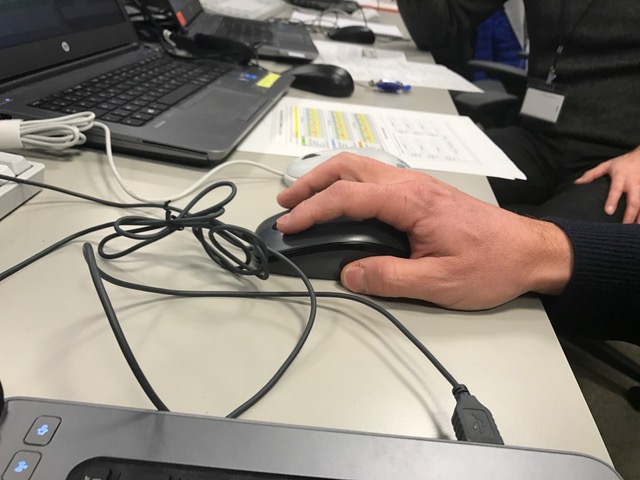
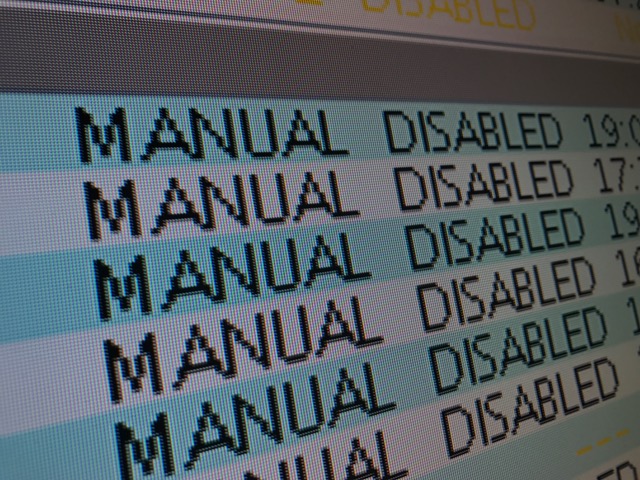
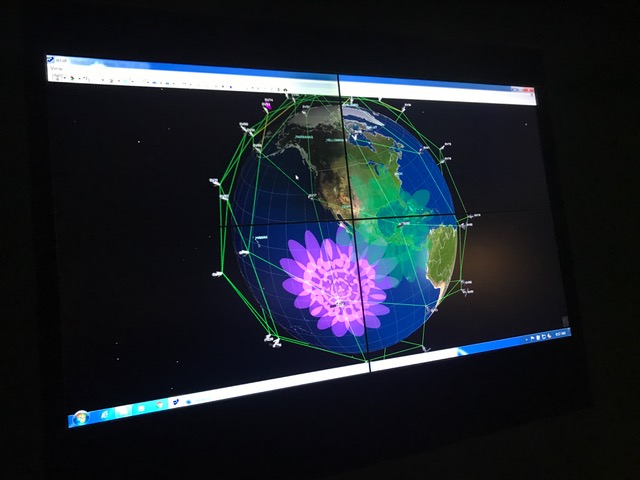



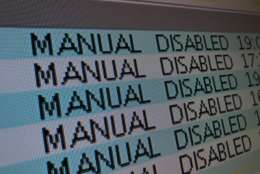
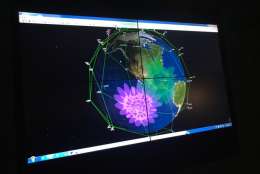
LEESBURG, Va. — The much-anticipated return to space for Elon Musk’s SpaceX Falcon 9 rocket will be the easy part for a Fairfax County-based satellite company that is hitching a ride into orbit.
McLean-based Iridium Communications will attempt an unprecedented swap of 10 next-generation mobile voice and data satellites while orbiting approximately 483 miles above the earth.
“The slot swap is like changing out a car tire while moving 17,000 miles an hour,” said Julian Horvath, operations manager for the Iridium NEXT satellite program.
The Iridium payload, worth about $284 million, is the heaviest payload SpaceX has carried into space.
WTOP was given an exclusive tour of Iridium’s Satellite Network Operations Center, in Leesburg, where teams of crews are engaged in what the company is calling “a dress rehearsal” for Sunday’s SpaceX launch from Vandenberg Air Force Base, in California.
SpaceX missions have been grounded since the explosion of a Falcon 9 rocket on a launchpad in Cape Canaveral, on Sept. 1, 2016.
If all goes well with the launch, Iridium will deploy the first 10 of its next-generation satellites for several weeks of testing before replacing 10 of its current aging satellites.
“Our original constellation of satellites were only designed for a seven- to eight-year life span, and we’re going on 19 years,” said Horvath.
A separate control room in the secure facility was built for the testing that will be done at a lower orbit before the new satellites are swapped in.
“When they’re deployed from the launch vehicle, our teams will take over and check them out,” said Horvath. “It’s a 30-, 40-day process for the first satellite; then we’ll get ‘em up and swap it with the old satellites.”
Iridium will use subsequent SpaceX launches to eventually replace all 66 of its mission satellites this year.
“And we’ll launch some spares, too,” said Horvath.
During normal operations, Iridium has 66 satellites in orbit — more than any other communications company.
Horvath said Iridium’s satellites function in a lower orbit than other communication satellites, “so in order to cover the entire globe, we need more satellites.”
“We have six rings of 11 satellites, and they’re in polar orbit, which means they circle the earth north to south, and that gives us full global service,” he said.
Each of the new satellites weighs about a ton and is the size of a Mini Cooper automobile, said Horvath.
Getting the satellites up to speed will take some time. After 19 years in service, many functions of the first-generation Iridium satellites are automated.
“Every day or couple of days, you have to tell the satellite where it is, and where to point, and route traffic,” said Horvath.
With the new satellites, during the testing period, most of the operations will be controlled manually, since “it’s new, so you’re not as confident of the automation,” he said.
“You can do any amount of testing on the ground, but as soon as you get on orbit, things are a little different,” Horvath said.
After about a month of testing, Iridium will attempt the swap; Horvath describes it as “an intricate dance.”
“We’d bring one satellite up [to the desired orbit], rendezvous it and get it pretty close to the old satellite, and then we swap which antenna is functioning,” said Horvath. “Hopefully it looks seamless to our users.”
Since the swap of all 66 satellites will be gradual, Horvath believes customers won’t notice the exchange.
“If something’s not working right with the new satellite, and we need to do more testing or calibration, we can very quickly switch back to the old satellite,” he said.
Horvath said the new satellites will meet all of the current services, but will allow Iridium’s network to evolve to meet the future needs of customers.
“They’ll allow us the capability to upload new software, and provide new services and capabilities that we haven’t even thought of yet.”



